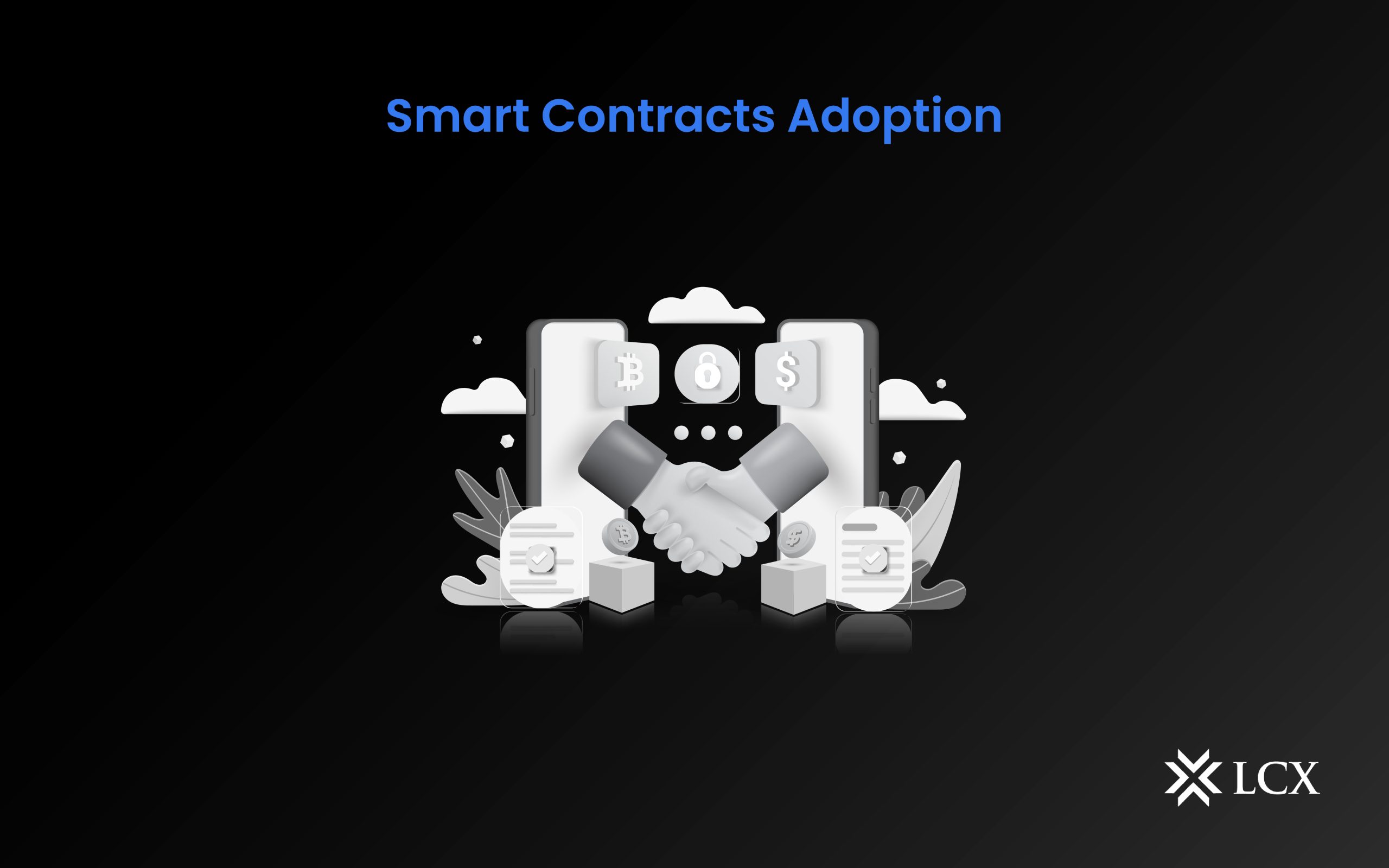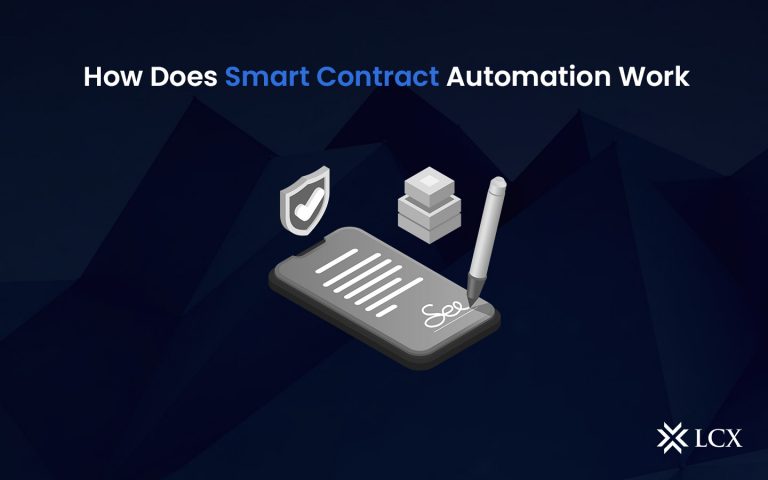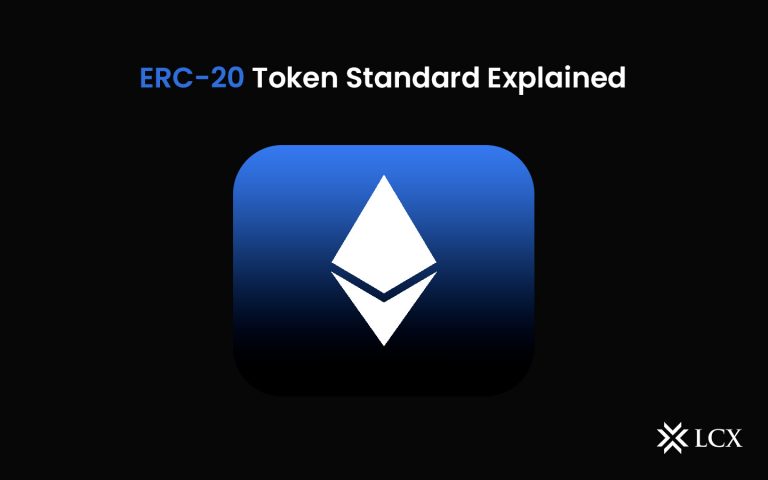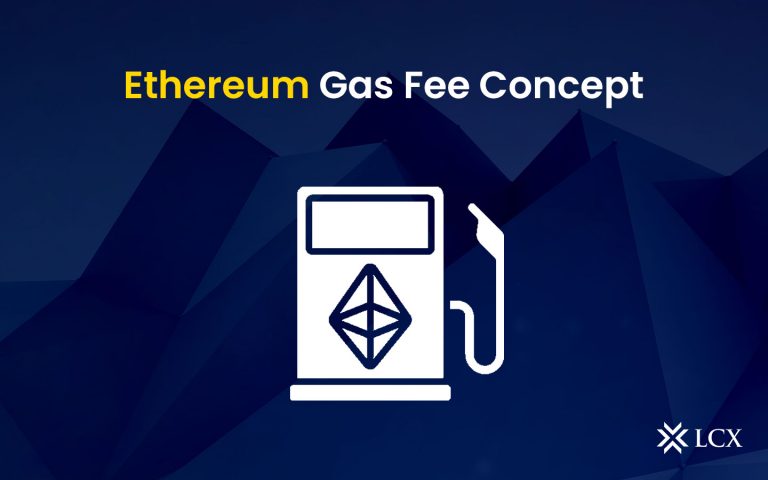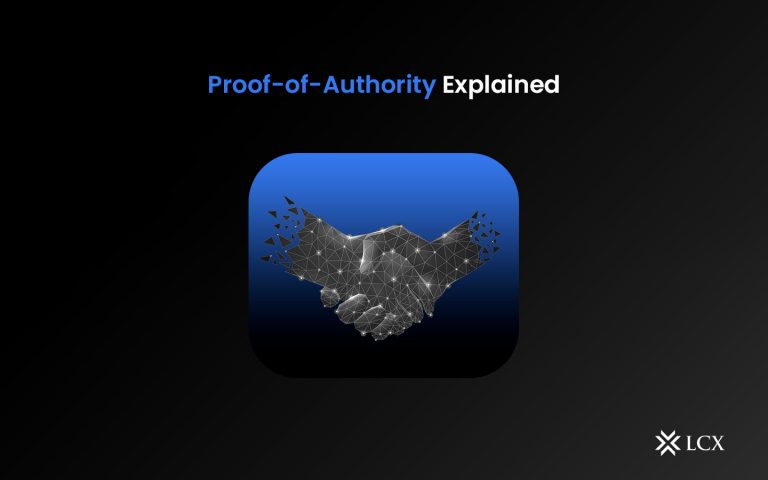Blockchain technology is changing the world as we know it, and it is only getting started. One such wavemaker that blockchain technology has brought forth is smart contracts. Smart contracts, which are written in code and stored on a blockchain, can do wonders for enterprises, as they can speed up transactions, cut costs, get rid of middlemen, and make business interests more aligned.
Smart contracts govern transactional agreements, which consist of theoretical and technical rules and policies and are hosted on the blockchain environment. For a successful transaction on a blockchain network to take place, a smart contract ensures the policies necessary to execute an exchange of information are satisfied. Smart contract software can revolutionize business practices and be far more economically efficient than their traditional alternatives.
Revolutionizing the Future of Business: The Power of Smart Contracts
Smart contracts are described as revolutionary because they have the potential to disrupt the way agreements are currently conducted. They are self-executing pieces of code that can facilitate, verify, and enforce the performance of an agreement and, at the same time, be immutable and irreversible.
With their impeccable speed, transparency, and security, they are a new kind. Some common use cases of smart contracts are data storage, third-party assistance, multisignature accounts, and encoding financial obligations. These use cases fulfill the primary objective of smart contracts, a necessary push towards automation within enterprises.
As the technology leverages programming code to execute the agreement decided upon by two parties automatically, human interference is minimized or eliminated altogether. This allows for transactions and agreements to occur faster than with traditional methods, saving enterprises precious time and money. In addition to saving time and money, automation enhances precision throughout the process, as smart contracts are free of trivial errors.
An additional benefit of automation is enhanced security around contracts. As smart contracts are built on a blockchain network, they are encrypted and distributed among nodes. Thus, similar to other applications based on blockchain technology, smart contracts too are immutable, which ensures that your information is not lost, altered, or stolen without proper permissions. This guarantees the authenticity and safety of the document. There is no single point of failure or exposure to exploit or hack. All the parties have consistent access to their assets, which reduces the risk of fraud and protects both parties in the event of a disagreement. So, smart contracts help build successful services in areas like finance, insurance, banking, real estate, supply chain, healthcare, and even gaming.
Smart Contracts: The Future of Trust and Efficiency, But What Needs Improvement?
Smart contracts can be smarter; the technology has the potential to offer more. Recently, a report published by Grayscale Research mentioned that, despite possessing the potential to handle millions of transactions per day, smart contract platforms in their current state would be incapable of handling even 10% of the world’s internet traffic. With this in mind, it’s clear that smart contracts need to improve quickly to keep up with growth.
Another main issue is that, due to automation, there needs to be more participation from high-level decision-makers and stakeholders. Most of the work involved in creating smart contracts is handled by the organization’s engineers and other technical members. A complete lack of involvement by upper management may lead to some mishaps.
Conclusion
As a relatively new technology, smart contracts are constantly evolving with new ideas and improvements being added to enhance their functionality and potential use cases. Industry experts are convinced that smart contracts will become an integral part of enterprise operations in the future. Moreover, in the public blockchain domain, smart contracts are driving a range of exciting technological advancements.
